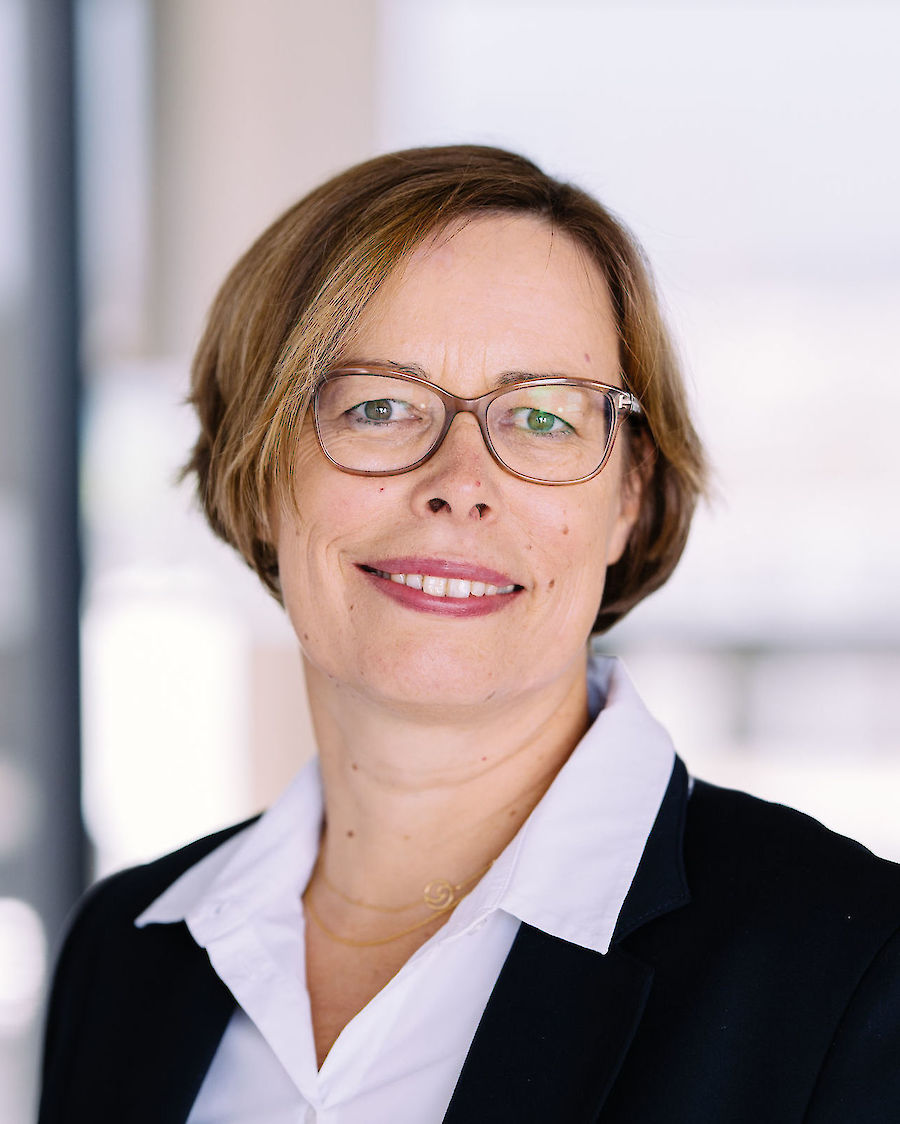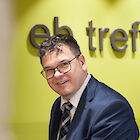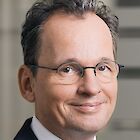Dear
readers,
The labor market has rarely been so marked by contradictions as it was at the start of this year. We were worried to read about cloudier economic outlooks, job cuts, and short work. And, at the same time, we heard that many employers were not able to fill their open positions. A contradiction?
Not at all, since on the one hand the gaps in trained professionals in some areas are so great that they will not be covered even if employers put a throttle on their hiring intentions. On the other hand, it is clear that there are no longer enough young people joining the workforce to replace those retiring. In addition, new career fields are being created that, in some cases, rely on the same specialists as traditional areas.
In this DEKRA labor market report, as we have since 2008, we address the demand for labor and for trained specialists in Germany. In our spotlight topics, we also deal with one of these new career fields as well as with strategies to address shortages in trained specialists.
In the course of transforming the economy towards climate-neutral products, careers are changing fundamentally. This development is putting a strain on staff development, as on the educational landscape. One of these new career fields is sustainability management, where we observe a sharp increase in demand for specialists and for qualification. There are EU regulations on ESG reporting that will impose greater obligations even on small and mid-sized businesses in the future. For this reason, companies need employees who are familiar with strategies, methods and standards in the ESG area (Environment, Social, Governance).
The second topic focuses on the training profession of IT specialist. It is a good example of how employers with shortages in IT can address them by carrying out training themselves. And, last but not least, we will be taking an excursus into recruiting trained professionals abroad. We have asked practitioners and a scientist for their experiences in this area. After all, one thing is clear: Without qualified immigrants, in some areas there will be no way to close the gap in trained professionals we mentioned above.
I would like to warmly thank all of the experts who gave us insight into their recruiting and qualification practices, and hope you enjoy reading this report.
Katrin Haupt, DEKRA Akademie CEO



























